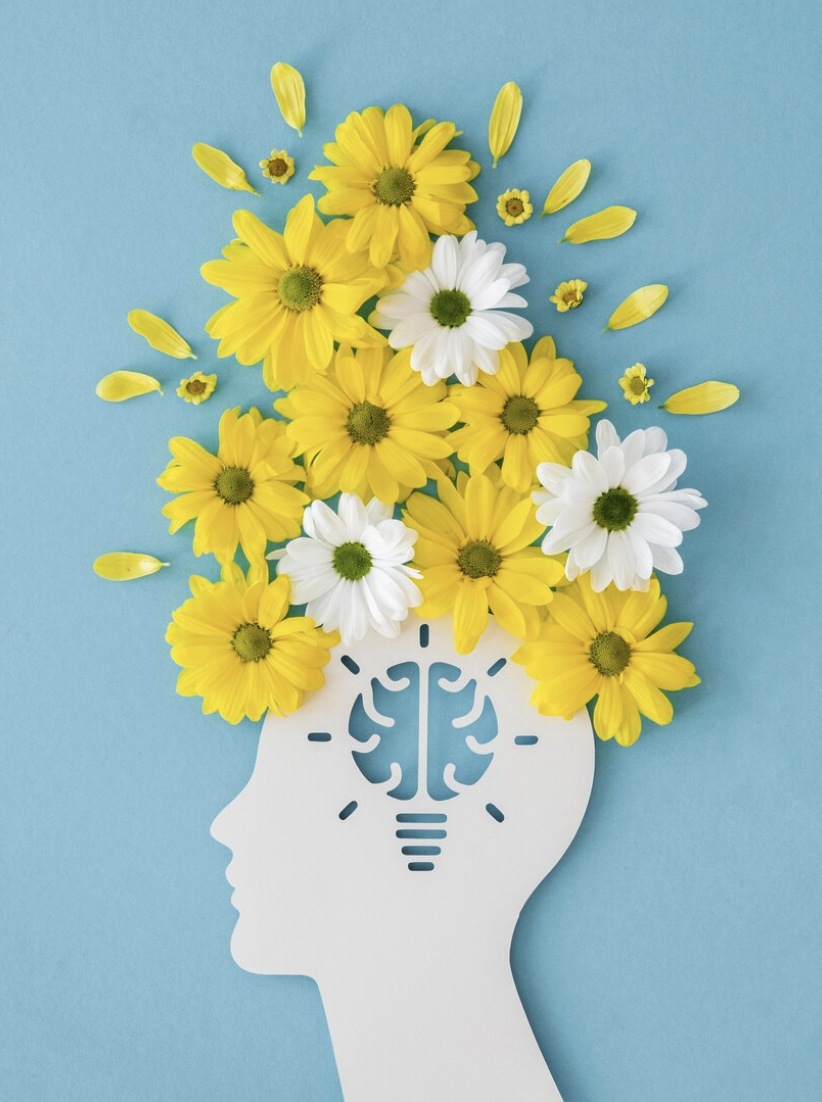Understanding Trust Issues
by Anne Ueberbach
Assistant Director / Counsellor
Understanding Trust Issues
Trust is the foundation of any healthy relationship - whether romantic, familial, or platonic - providing a sense of security, stability, and connection. However, when trust is broken, it can leave deep scars and make it challenging to form and maintain meaningful connections, leaving behind a tangled web of emotions, doubts, and fears.
With the rise of social media, online dating, and increased mobility, our relationships are subject to unprecedented stressors. We're constantly exposed to potential threats to our trust, from the subtle whispers of infidelity to the overt betrayals of emotional manipulation. Moreover, the lingering effects of past traumas, childhood experiences, and societal pressures can shape our perception of trust, making it challenging to form and maintain healthy relationships. The consequences of trust issues can be far-reaching, influencing not only our personal connections but also our mental health, self-esteem, and overall well-being.
Causes of Trust Issues
Trust issues often stem from experiences of betrayal, neglect, or abuse. Some common causes include:
Childhood trauma: Emotional or physical abuse, neglect, or inconsistent parenting can shape a child's understanding of trust.
Past relationships: Infidelity, gaslighting, or emotional manipulation can erode trust in romantic relationships.
Family dynamics: Growing up in a dysfunctional or toxic family environment can foster mistrust.
Social experiences: Bullying, peer rejection, or social exclusion can contribute to trust issues.
Attachment style: Insecure attachment styles, such as anxious-preoccupied or fearful-avoidant, can increase vulnerability to trust issues.
Neurobiological factors: Imbalances in neurotransmitters like oxytocin and vasopressin, associated with attachment and bonding, may contribute to trust difficulties.
Signs of Trust Issues
Recognizing the signs of trust issues can help you address them proactively. Look out for:
· Difficulty forming intimate relationships
· Fear of abandonment or rejection
· Hypervigilance or constant questioning
· Defensiveness or aggression
· Avoidance of emotional vulnerability
· Inability to forgive or let go
· Recurring feelings of anxiety, anger, or resentment
· Self-sabotaging behaviors
· Difficulty setting boundaries
· Emotional numbing or dissociation
Self-Strategies for Building Trust
Building trust requires effort, commitment, and a willingness to grow. Beyond seeking professional help, incorporating the following strategies into your daily life can help you establish and maintain healthy, trusting relationships.
Start small when trying to implement new strategies and focus on one area at a time. They key is to turn the new behaviour into a habit and that is best done in baby-steps. Developing trust is also something that cannot be rushed, so make sure to be patient with yourself and others along the way.
-
Description text goes herefective communication is the cornerstone of trust. To build trust:
Share your thoughts, feelings, and intentions clearly.
Listen actively and respond thoughtfully.
Clarify assumptions and confirm understanding.
Address conflicts and disagreements directly.
Be transparent and authentic in your interactions.
-
Establishing clear boundaries and expectations helps prevent misunderstandings and hurt feelings:
Define your limits and needs.
Communicate them respectfully.
Respect others' boundaries.
Be consistent in enforcing boundaries.
-
Empathy and active listening foster deeper connections and understanding:
Engage fully in conversations.
Ask open-ended questions.
Reflect others' emotions and concerns.
Show compassion and validation.
-
Consistency breeds trust:
Follow through on commitments.
Be dependable and accountable.
Maintain a consistent tone and behavior.
Show up predictably.
-
Ownership and accountability build trust:
Acknowledge mistakes.
Apologize sincerely.
Make amends when possible.
Learn from errors.
-
Embracing growth and learning promotes resilience and trust:
View challenges as opportunities.
Embrace feedback.
Cultivate self-awareness.
Celebrate progress.
-
Self-awareness is essential for trust:
Recognize your emotions and needs.
Reflect on actions and motivations.
Identify areas for growth.
Practice mindfulness.
-
Feedback provides valuable insights:
Ask for constructive criticism.
Listen without defensiveness.
Use feedback for growth.
Show appreciation for input.
Psychological Interventions for Trust Issues
Sometimes we need a bit of additional support when it comes to overcoming and managing our trust issues. Fortunately, trust issues can be addressed through targeted psychological interventions with an experienced psychologist, counsellor or psychotherapist. Some effective approaches therapists may utilize include:
Cognitive-behavioral therapy (CBT): Identifying and reframing negative thought patterns and behaviors.
Attachment-based therapy: Exploring and rewriting attachment narratives.
Emotionally focused therapy (EFT): Developing emotional awareness and regulation.
Trauma-focused CBT: Processing and integrating traumatic experiences.
Mindfulness-based interventions: Cultivating self-awareness and self-compassion.
Gestalt therapy: Explore patterns and boundaries rooted in past trauma.
Psychodynamic therapy: Exploring unconscious dynamics and defense mechanisms.
Conclusion
Trust issues are complex and multifaceted, but they can be overcome. By understanding the causes, recognizing the signs, and seeking psychological interventions, you can begin to rebuild trust in yourself and others.
5 things you can do right now:
Seek professional help from a registered psychologist/counsellor/psychotherapist
Practice self-compassion and self-awareness
Communicate openly and honestly with your loved ones
Set clear boundaries and expectations
Cultivate a growth mindset and emotional resilience
Trust is a journey, not a destination. With patience, effort, and support, you can develop healthier, more fulfilling relationships and a deeper sense of trust in yourself and others.
About the author
Anne is a a compassionate and experienced counsellor, who empowers her clients to thrive amidst life's challenges. Her expertise across Singapore and Australia spans mental health, career coaching, and multicultural dynamics, informed by her own expat experience and diverse family background.
Anne creates a warm and non-judgmental space for growth and transformation. Her empathetic approach supports individuals, couples, families, and expats navigating life's challenges and transitions.




